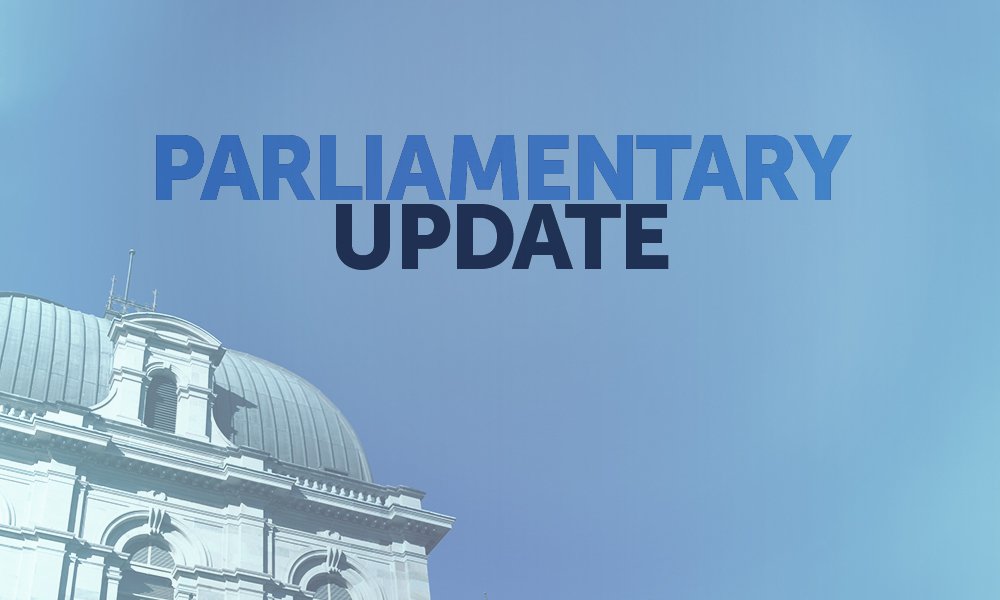Queensland detains the highest number of youth offenders in the country – with 90% of children in custody waiting for their cases to be resolved.
A report by the Justice Reform Initiative (JRI) also shows the state’s adult prison population has increased 68% since 2011-12 – the highest growth in the country.
The JRI – an alliance of eminent Australians from diverse of backgrounds – says Queensland now imprisons the highest number of children Australia-wide, with the youth prison population increasing 27.3% over the past seven years.
JRI members include former Australian Governor-General Dame Quentin Bryce AD CVO, former Court of Appeal President and current Women’s Safety and Justice Taskforce chair Margaret McMurdo AC, Queensland’s first woman Supreme Court judge Margaret White AO, former Queensland Premier Mike Ahern AO, former Brisbane Lord Mayor Sallyanne Atkinson and former Queensland Corrective Services Commission Keith Hamburger AM.
The report, ‘State of Incarceration: Insights into Imprisonment in Queensland’, suggests the rapid growth in Queensland’s prison and detention centre populations has not been driven by increased severity of offending or increases in crime, but by the “political, policy and legislative choices that end up funnelling many people unnecessarily into imprisonment”.
JRI Executive Director Dr Mindy Sotiri today released a statement saying that increased construction of detention centres did little to decrease crime levels.
“We now have overwhelming evidence that building more prisons, as the Queensland government is planning to do with its proposed $500 million youth prison expansion, does not work to deter crime, rehabilitate, or make communities safer,” Dr Sotiri said.
“This is a short-sighted and counterproductive policy that will make it more likely that vulnerable children will commit further offences and become trapped in the revolving prison door that has become a devastating feature of Queensland’s justice system.
“Youth detention disconnects children from their communities and takes them away from the supports and connections that they need to build good lives. It does nothing to address the underlying drivers of incarceration and underpins an increasingly costly and ineffectual system.”
The JRI’s statement says the report’s key findings show:
- Queensland’s rate of imprisonment is 236.6 people per 100,000 adults – significantly higher than the Australian average of 210. Comparable OECD countries such as Canada and Germany have imprisonment rates less than half the rate of Queensland.
- There are 9476 people in Queensland’s adult prisons. More than two-thirds (68%) have been in prison before.
- Aboriginal and Torres Strait Islander people are significantly overrepresented in Queensland’s criminal justice system. Although making up just 4.6% of Queensland’s population, Aboriginal and Torres Strait Islander people comprise 35% of the adult prison population and 62.6% of the youth and child prison population. The rate of incarceration for Aboriginal and Torres Strait Islander children is 33 times the rate of non-Indigenous children.
- One-third of people entering prison in Queensland have experienced homelessness and almost three-quarters (74%) expect to be homeless or do not know where they will go when released.
- Both the number and proportion of children in detention in Queensland has increased since 2014-15. The number of children (10 to 17 years) in detention has increased from 172 to 219, and the rate of imprisonment has grown from 3.6 children per 10,000 of population to 4.0. Almost nine in 10 of all children in detention are unsentenced.
- Other cohorts, including people with mental health conditions, people with disability and people experiencing multiple and complex disadvantages, are also imprisoned at a rate that is exceedingly high. One in three (35%) of adults entering prison reported living with disability and there is convincing evidence that a high proportion of children in the youth justice system have neurodevelopment impairments.
Dr Sotiri said Queensland’s “revolving door” justice model was costing $716.9 million a year in operating costs of prisons alone.
An adult person in prison costs the taxpayer $207 per day, or $75,602 per year, while a young person in prison costs $1880 per day, or $686,127 per year. With 266 young people in detention on average each day, the cost to Queenslanders is $183 million per year.
Dr Sotiri said taxpayers would be far better served by investment in early intervention, diversion, and evidence-based alternatives outside of the youth justice system.
Read the JRI report and the JRI media statement.









Share this article